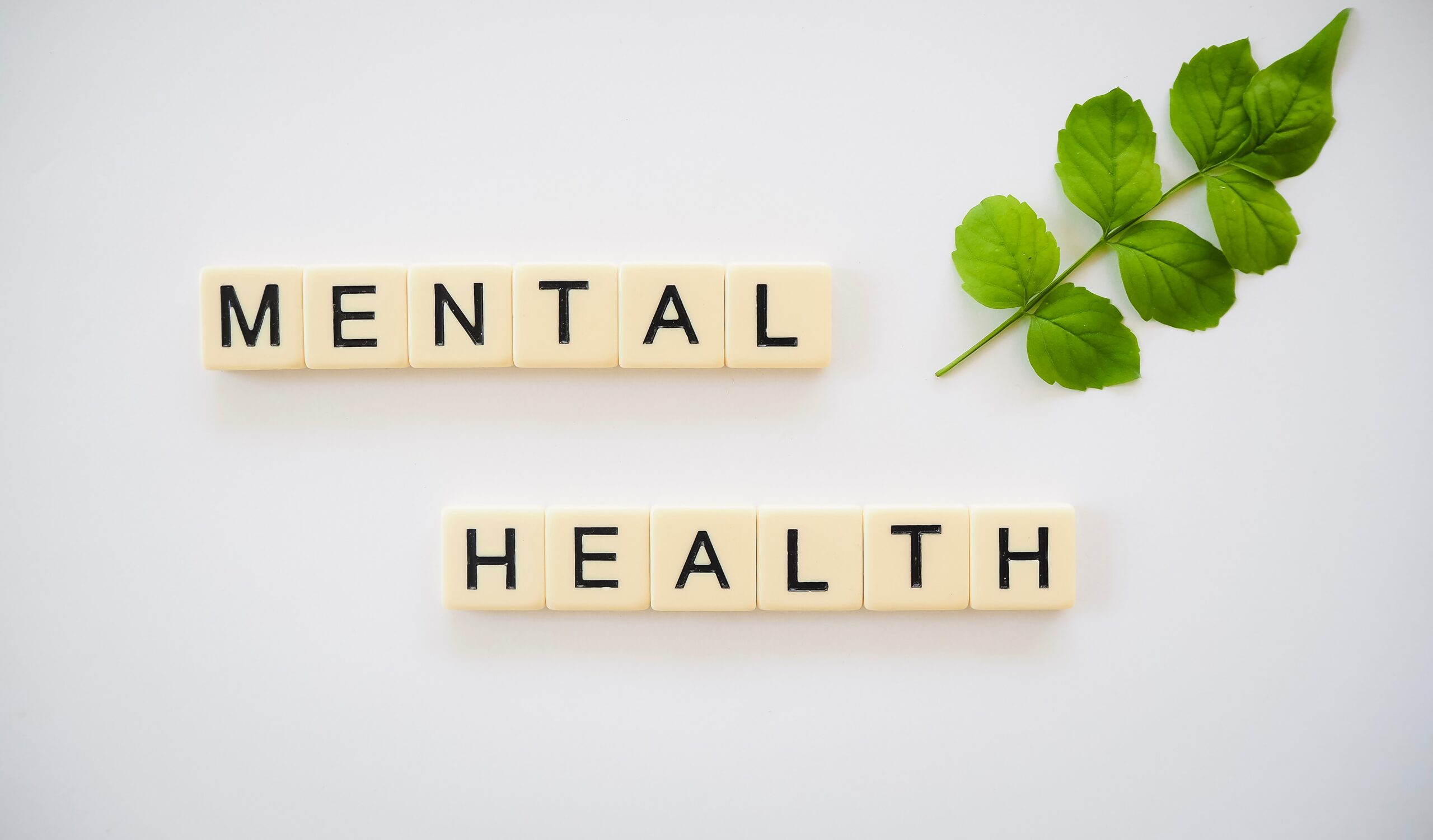No matter how hard you try not to, eventually you’ll find yourself repeating the patterns of your childhood. What’s more, you’ll begin to notice similarities between yourself and your family, sometimes ones that can feel unwelcome.
Your family history contributes to the totality of who you are as a person. While you don’t get to choose your family or the baggage that’s included, understanding it is important. When it comes to mental health, your family history can contribute more to your well-being than you might think.
1. It’s in the Genes
There’s a reason physicians ask about your family medical history — your genes play a huge role in your overall health. Risk factors for diabetes, heart disease, and even mental health conditions are passed down genetically. If your blood relatives experienced mental health issues, that’s a fact worth being aware of.
While a family member’s diagnosis isn’t an automatic diagnosis for you, it is a signal to monitor your well-being. Some inherited traits and factors may make you more susceptible to symptoms of conditions like depression. A disposition to chronic illnesses or addiction, either of which can be passed down, is often linked to mental health problems.
As you explore mental health treatment, take a look at your genetic factors to ensure you’re addressing both the source and the symptoms. Some diagnoses are passed down directly, while others skip generations, even skewing toward one gender or another. Learn as much as you can about your family’s history of mental health conditions, diagnosed or not, to help guide your journey.
2. Your Shared Surroundings Matter
The environment you were raised in greatly influences your childhood experience and your feelings about it. If your childhood was one of calm evenings, chocolate chip cookies, and family game nights, that likely influences your adulthood positively. But if your home life was full of screaming matches, chaos, and instability, you carry that baggage with you today.
Like good genes, a 1950s sitcom upbringing doesn’t guarantee an idyllic adult life. However, individuals whose shared surroundings were unreliable, lacking physical and mental safety, can be more susceptible to mental health challenges.
Factors relating to your surroundings don’t need to be inherently negative to influence your mental health. If your family members have always remained in one geographic area, they may expect you to do the same. And if your aspirations differ from family tradition, it can greatly impact your mental state and your ability to live authentically. Check out free hospice care providers.
3. Lifestyle Choices and Situations Create Your Reality
When you’re a kid, you’re just along for the ride of whatever lifestyle your caregivers provide. Sadly, that may have been an environment that wasn’t ideal for young minds. Although standard kid behavior doesn’t suggest it, children crave structure and discipline. And without a supportive structure and positive routine, they are left to find substitutes elsewhere.
Children whose home lives were unstable may crave stability so much that their habits exceed the norm. Obsessive-compulsive tendencies, anxiety, and depression can present in individuals who had to parent themselves, filling the gap felt in childhood. We often mirror what we see, even if we know intellectually that it’s not what we want or need.
A childhood where the presence of illegal substances was commonplace can solidify strong feelings about drugs. These can manifest as resistance to certain lifestyles or complete immersion in them, both of which can exacerbate mental health issues. No matter what lifestyle you were exposed to, it plays a part in your mentality today.
4. Learned and Observed Habits Get Passed Down
Just like the adage “You are what you eat,” so, too, you are what you tell yourself. If you grew up listening to your caregivers’ negative self-talk, your internal dialogue probably looks the same.
Oftentimes, this habit of self-deprecation can be a learned coping mechanism for undiagnosed or untreated mental health issues. Unfortunately, observing the adults in your life run themselves down for years on end can lead to a multitude of issues in adult life. These longtime experiences and patterns are interwoven into your life. Then when you begin seeking mental health support, it can be shocking to discover that there are better ways to exist.
There can be resentment about the way you were raised and feelings of sadness about what could have been. What’s most important is recognizing these factors and creating a plan to manage their influence on your life. Work with your mental health providers to develop strategies to build habits that better serve your healthy lifestyle.
You Have the Power to Transform Your Mental Health
Today, people have more access to mental health information and care than ever before. Plus, workplaces and society at large have begun to recognize the importance of caring for one’s mental health. Whether you’ve identified a connection between your family history or are on your own journey, take charge of your care.
Research providers, information platforms, and treatment options and marshall these collective forces to optimize your overall health. If it makes sense for your situation, include your family in your pursuit of improved mental health. Establish boundaries with those whose lifelong influence may have harmed your well-being, standing firm in your decision. No matter where your mental health journey takes you, realize that you have the power to overcome any obstacle.
